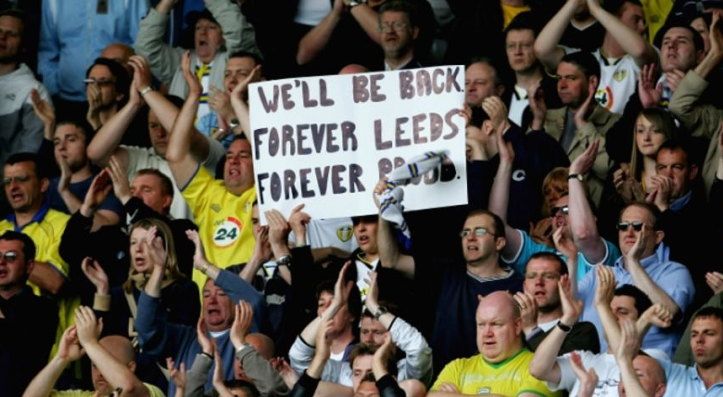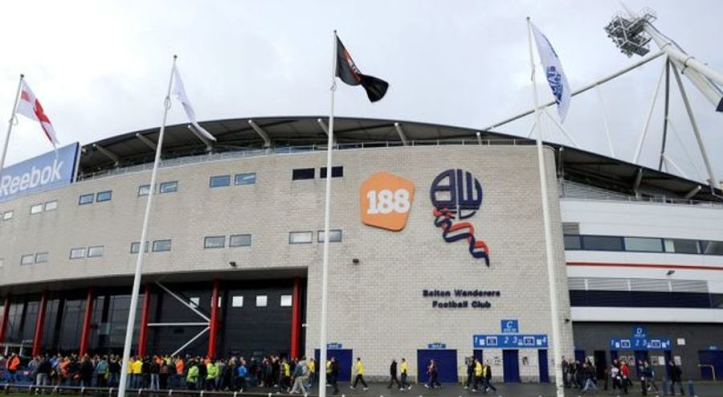Administration is an insolvency process wherein control of a club passes from ownership to a specialised team of accountants.
Entering into administration effectively puts the club into a 'bubble' wherein no creditor (i.e. individual or company that is owed money) can apply to wind-up the club. This removes the immediate threat of a winding-up petition putting the club into liquidation and out of legal existence.
What do the administrators do?
The administrators become the agents of the company, and hence handle the day-to-day running of the club. They ensure the club's survival in the short-term alongside putting in plans for the club to exit administration.
Administrators have to ensure the resources the club has available are sufficient for operations to continue for around eight weeks, and during this time, the administrators try to either sell the club or reach a Company Voluntary Arrangement (“CVA”).
The administrators will also look to generate quick revenue from asset sales. This typically means any non-football assets (e.g. hotels, land-holdings) along with players who can be moved on. Due to the public visibility of the situation, players are often sold for much less than their market value due to the need for liquidity.
The administrators will also look to cut costs. This typically involves redundancies for non-core staff and the reduction in the football coaching staff. Further, the administrators may also effectively bar the manager from picking certain players who have significant appearance fees within their contracts.
How do clubs reach this stage?
Insolvency events are invariably produced by a lack of liquidity; essentially, the club does not have enough cash to meet its financial obligations to creditors as and when they fall due.
Clubs entering administration are typically those that have been recently relegated and have not recalibrated their financial operations to the new lower levels of revenue generated.
Alternatively, a club may be forced into an illiquid position due to the withdrawal of financial support from an owner (e.g. Bury in 2019) or the financial mismanagement and over-stretching of a club over a sustained period of time (e.g. Leeds in 2007).

Entering administration is considered the last resort for football clubs in financial difficulty. However, the protections it provides do offer clubs the time for either a new owner to be found, or to restructure liabilities under a CVA in a manner which will enable the club to continue in the medium-to-long term.
It is important to note that being placed into administration is not the death knell of
football clubs, and there are many circumstances such as Crystal Palace in 2010, and Southampton in 2009, where clubs have bounced back to re-establish themselves as financially-sound, successful football clubs.
What a team in administration can and can't do
Football League and Premier League rules both mandate that if a club enters an
insolvency event (i.e. administration), points deductions of 12 and nine respectively apply.
There are certain regulations which have been put in place by the Football League to prevent clubs entering administration late in the season when they are either “safe” in a division or confirmed to be relegated; they do this by applying the points deduction in the following season if the club is already relegated and/or enters administration after the fourth Tuesday in March.
Points deductions were brought in from the 2004/2005 season to prevent clubs using administration as a way of “clearing the books” by using the process to reduce and restructure liabilities to creditors without facing any sporting sanction.

In terms of other restrictions, the administration period is a holding phase wherein the club is safe from the immediate threat of winding up. It can still operate as normal company; with the major caveat that it is being run by the administrator whose fundamental goal is financial survival of the club rather than on-field success.
How does a team emerge from administration?
The administrator has effectively three potential exit strategies:
1. Sell the club to a new owner capable of running the club financially
In the event there are multiple offers to purchase the club, the administrator will select what they consider the most financially sound for the club. Often, the purchase price is effectively the cost of the clubs outstanding liabilities, meaning the new owners will take over the club’s assets only. For football clubs, often a fans consortium will look to raise funds to purchase the club.
2. A Company Voluntary Agreement (“CVA”)
These agreements are between the club and its creditors wherein repayment of balances owed are restructured over a fixed period of time. For example, if a club owes £300,000 to a catering company, the CVA may agree that this balance will be repaid over five years in five equal instalments totalling £250,000 (to pass, a CVA must be approved by at least 75% of the creditors, by value.
The Football Creditors Rule: Football parties (i.e. players, managers, other football clubs and football organisational bodies) become preferential creditors. Therefore, under a CVA or in the purchase of the club by another party, all football parties must be paid in full before the club is permitted to play in either the Premier League or the Football League. In addition, all other unsecured creditors must be paid at least 25p in the pound of their amounts due under CVA’s for the CVA to be approved by the Football League.FootballCritic Definitions

For both of these exit strategies, it is important to note the “Football Creditors Rule” (defined above). This rule was implemented to mitigate the threat of a potential 'domino-effect' where non-payment of a transfer fee could push additional clubs into financial distress should significant balances be due.
3. Club liquidation and sale of all assets.
The nuclear option, one that is inevitable if no viable buyers come forward and the clubs assets are insufficient to enable a workable CVA to be agreed. In the event a club is liquidated, fans organisations will typically found a phoenix club who will start at the bottom of the football pyramid.
Depending on the funds available, these phoenix clubs may take over the ground of the original club and some intellectual property (e.g. the clubs name and badge).

 Man City
Man City  Man Utd
Man Utd  Liverpool
Liverpool  Leeds Utd
Leeds Utd  Chelsea
Chelsea  Tottenham
Tottenham  Arsenal
Arsenal  Barcelona
Barcelona  Real Madrid
Real Madrid  Atletico Madrid
Atletico Madrid  Juventus
Juventus  Inter
Inter  Milan
Milan  PSG
PSG  Bayern
Bayern  BVB
BVB  Wigan
Wigan 


















